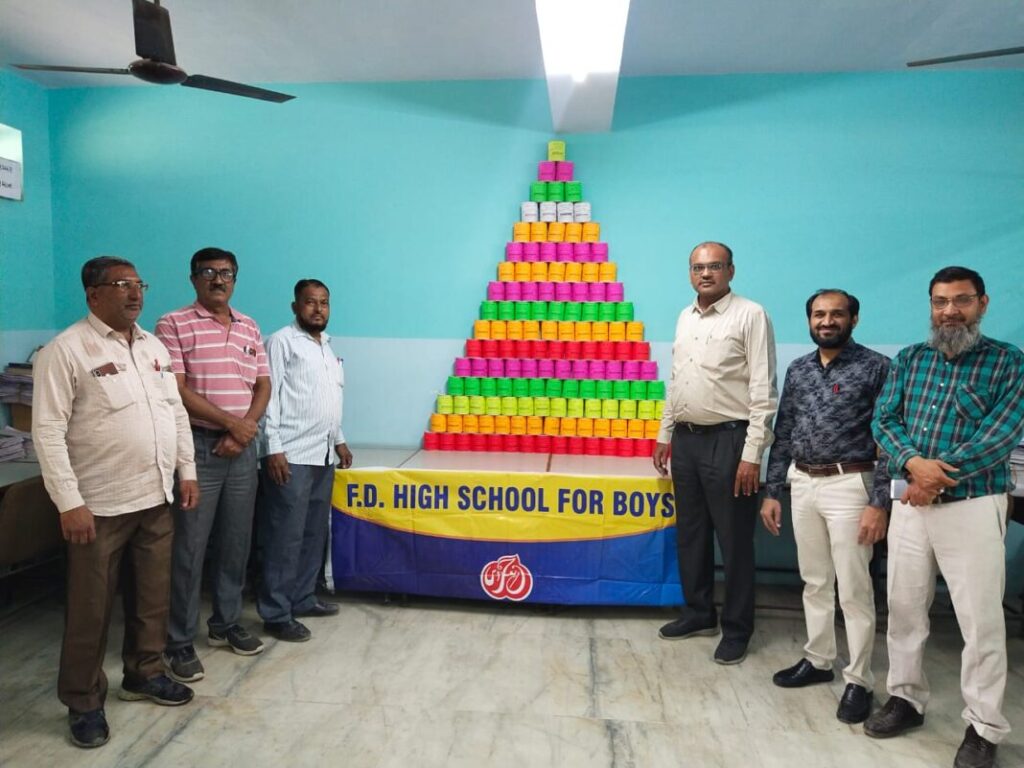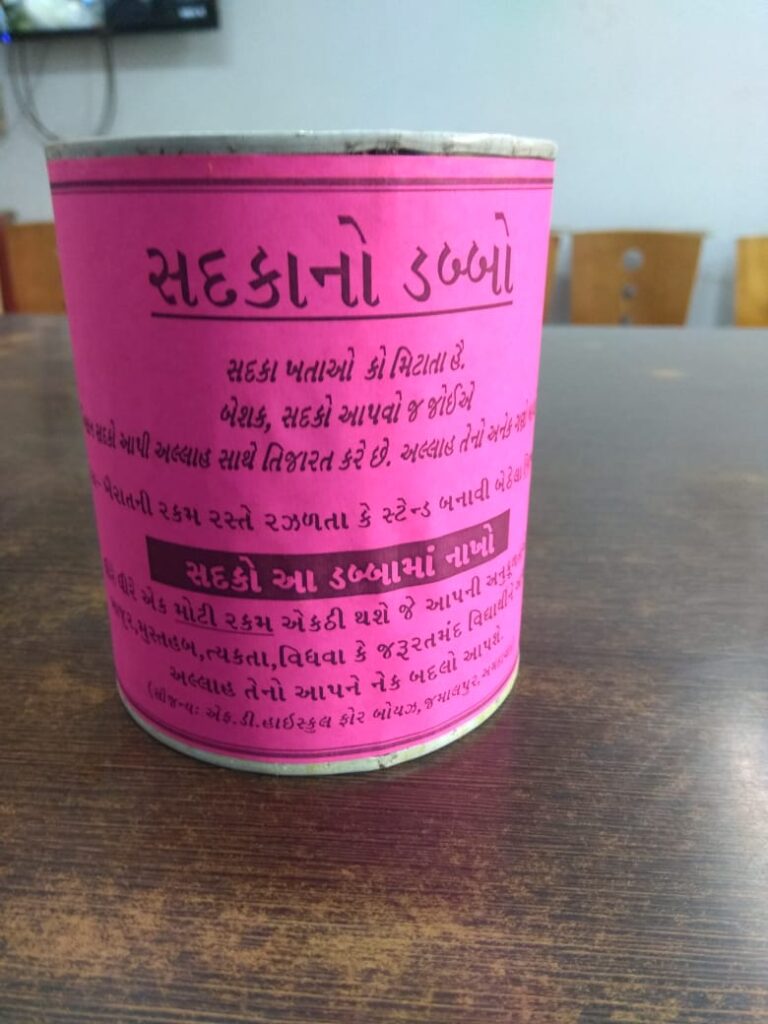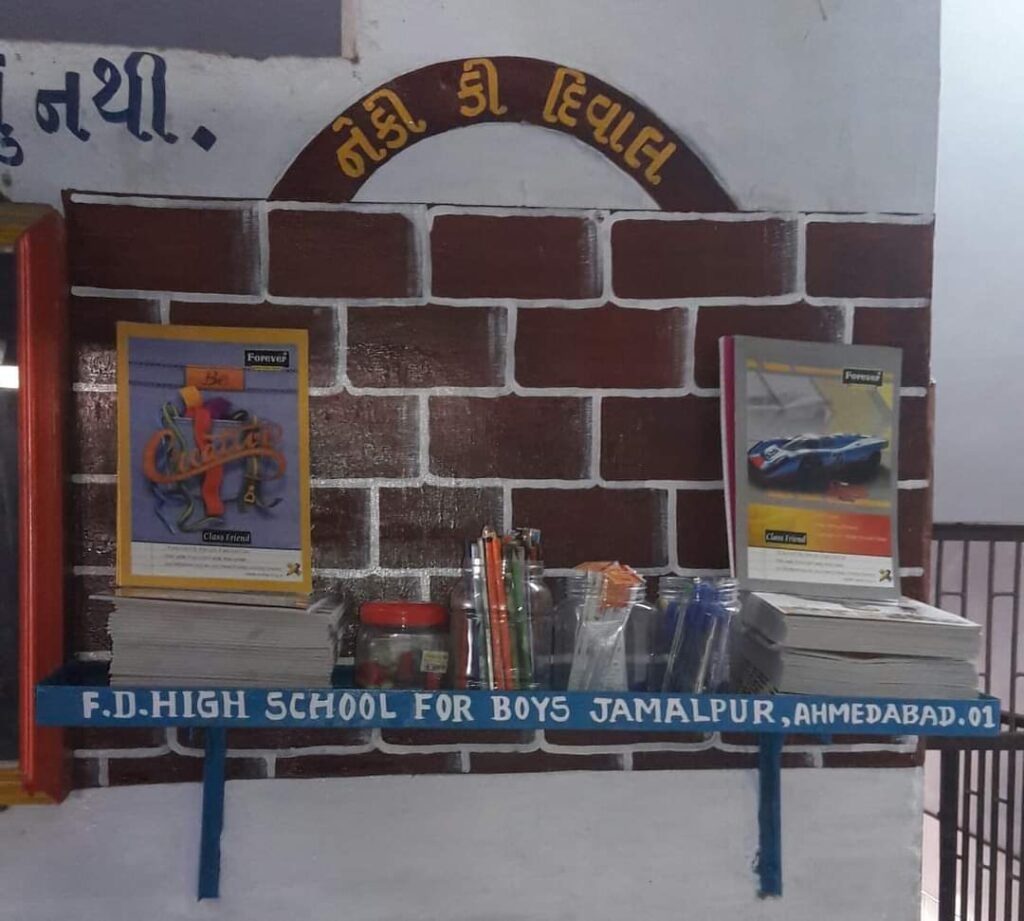Ahmedabad, GUJARAT :

Ahmedabad :
India has 413,670 flat-broke beggars, the most vulnerable and downtrodden section of society. However, human rights activists say the number is three times higher, with West Bengal ranking top with 81,224 panhandlers followed by 65,835 in Uttar Pradesh, 30,218 in Andhra Pradesh, 29,723 in Bihar, 28,695 in Madhya Pradesh and 25,853 in Rajasthan.
Even after some 60 years, the Bombay Prevention of Begging Act, 1959 has abysmally failed to eradicate begging in the country. The dirt-poor freeloaders in tattered clothes could be seen soliciting alms at bustling public places like bus terminals, railway stations, traffic signals, street markets and religious shrines. The penniless ragamuffins roaming the streets are branded as ‘pickpockets’, ‘trespassers’, anarchists’ as also ‘unhygienic elements’.
Though there are countless wandering mendicants without a rupee to their name, the workshy, good-for-nothing professional beggars earn anything between Rs 20,000 and a whopping Rs 40,000, and their tribe is increasing, especially after the Delhi High Court ruled in August, 2018 that begging was not a crime.
Brainstorming for a long time on ways to stamp out this ‘source of public nuisance’, that is, begging, the high-brow principal of a prestigious school in Gujarat’s largest city, Ahmedabad, has hit upon a novel idea.
Kind-hearted students of the F D High School For Boys in Jamalpur locality no more let their hearts bleed for these knights of the roads and no more give alms to them. Instead, principal Zahid Mansuri has given them eye-catching donation boxes in the form of lightweight tin cans which they keep in their homes.

Students as well as their family members keep on dropping coins and currency notes in the colourful ‘can of charity’, called ‘sadqa no dabbo’ in Gujarati, for a couple of months or till the can is almost full after which the cash box is gifted to a poverty-stricken student, a widow, a sick or physically-challenged person, or to a cash-starved family.
“Instead of donating money to the poor strangers, we can hand over the cash-filled ‘cans of charity’ to the truly needy or family whose financial condition we know. Thus your hard-earned money goes to deserving people and changes their life for the better,” says Mansuri, a double post-graduate.
He has distributed some 300 cans to students, teachers, staff members and others all of whom liked the idea and those like physical training teacher A K Malek and retired bank officer M A H Kazi are demanding more dabbas.
While Malek says that it is better to avoid touching beggars while giving alms to them during corona times, Kazi feels that just giving Rs 2 to an unknown beggar does not serve any purpose.
Bleeding-heart teachers of the F D High School For Boys, part of the popular F D Education Society running 33 schools, colleges and technical institutes with 18,000 students on rolls, have dreamed up yet another way to silently lend a helping hand to underprivileged students without causing embarrassment to them.

Under an initiative called ‘Neki Ki Diwar’ (The Wall of Goodness), four or five wide-mouthed, tall transparent containers are kept at one place on the school premises, and generous students and teachers put new or used pencils, erasers, paintbrush, metal or plastic scales and even notebooks into them. Down-at-heel boys and girls or even those who have forgotten or lost these items can take their pick without asking permission from anyone.
Well, Principal Mansuri and teachers, always ready to help students, realised that a good number of cash-starved students footed it to school from their distant homes, and enjoyed snacks from the money thus saved. Over several meetings to find a solution to this problem, the principal and teachers decided to get their old ramshackle bicycles repaired and donate them to the hard-up schoolers.
“Within a month, we collected 21 such rickety bicycles which after repairs looked spick and span. Not long ago, we donated these cycles to deserving and destitute students,” Mansuri told indiatomorrow.net.
In sum, there are 35,000 schools in Prime Minister Narendra Modi’s home state of Gujarat and one only hopes other schools will learn a lesson from F D High School For Boys.
source: http://www.indiatomorrow.net / India Tomorrow / Home> Education> Featured / by Mahesh Trivedi, India Tomorrow / April 02nd, 2021








